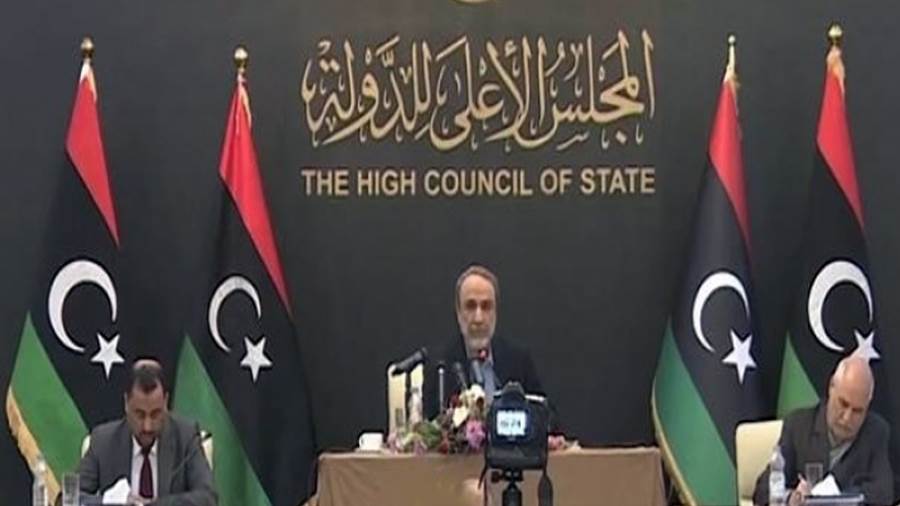
-
Published: 08 December 2021

Amidst growing differences over rules and the legal basis for voting aimed at ending 10 years of instability
The Supreme Council of the State of Libya called for the postponement of the presidential elections scheduled for 24 December to February
The statement of the Council, an advisory body established under the 2015 Peace Agreement and not recognized by all Libyan political entities, comes less than three weeks before the elections.
The extent of the powers of the Supreme Council of the State in the complex Libyan political arena is being debated, but its statement raises doubts about the holding of elections.
It is recalled that the National High Electoral Commission has not yet announced a final list of candidates for the presidential race after a complex process of judicial appeals concerning the eligibility of 98 candidates who have registered for election.
The controversy over some highly divisive candidates, including prominent figures in the Libyan conflict, threatens to undermine the elections.
These differences revealed deeper problems over the basis of the voting process, which actually deviated from a United Nations-supported road map that included the vote and the controversial election law passed by the Speaker in September.
The road map sees the elections as a way to end differences over the legitimacy of rival political bodies in Libya, which were formed during previous transitional periods following the 2011 uprising that toppled Muammar Gaddafi.
The members of the State Supreme Council were selected from among the elected members of the National Assembly elected in 2012 who rejected the results of the 2014 elections that emerged from the current House of Representatives.
Although the 2015 political agreement devoted a legislative role to the Chamber of Deputies and an advisory role to the Supreme Council, they did not formally recognize each other, although they had conducted sporadic peace negotiations in Morocco.
Some Libyans fear that disagreements over the current election process could erupt a crisis similar to that surrounding the 2014 elections, when Libya split between warring eastern and western factions and parallel administrations in Tripoli and Benghazi.
The statement of the Supreme Council of State said that presidential and parliamentary elections should be held on the same day as originally called for in the United Nations road map.
The laws he passed, in September and October, in favour of the Speaker of the House of Representatives, himself a presidential candidate, set 24 December as the date for the first round of presidential elections and delay parliamentary elections.
Critics of Saleh accuse him of passing laws without regard to a quorum or having a sound vote in Parliament after intimidation by some members. Saleh and his allies deny any wrongdoing and say the laws were properly passed.
